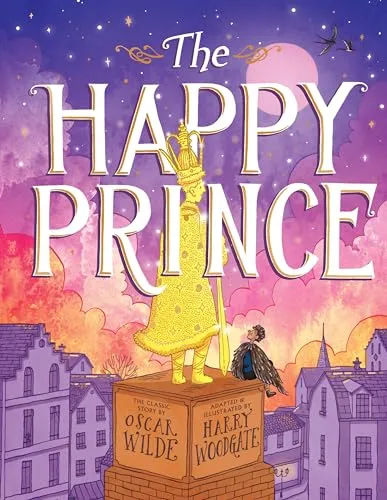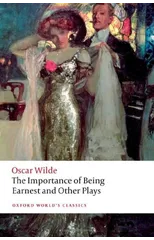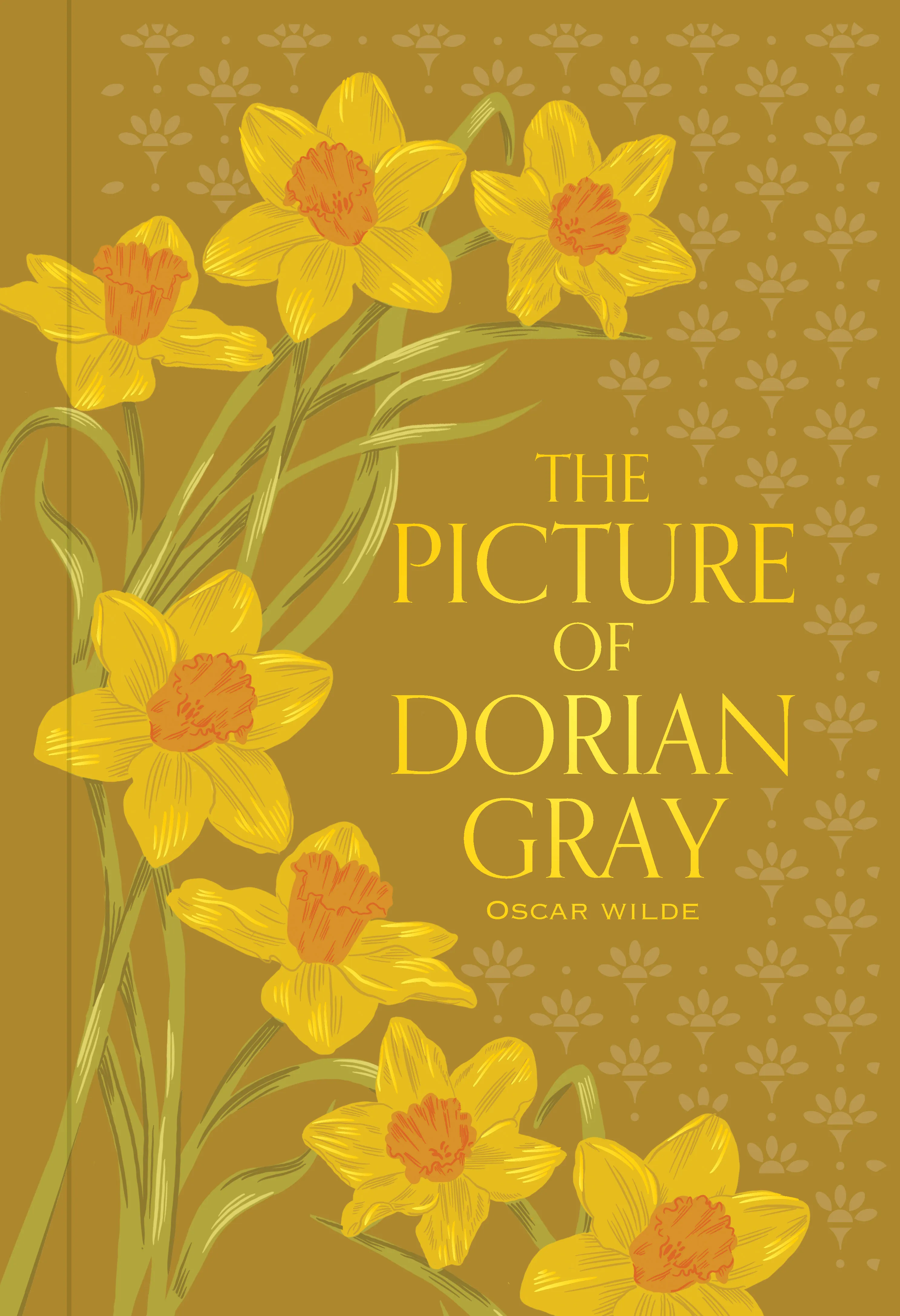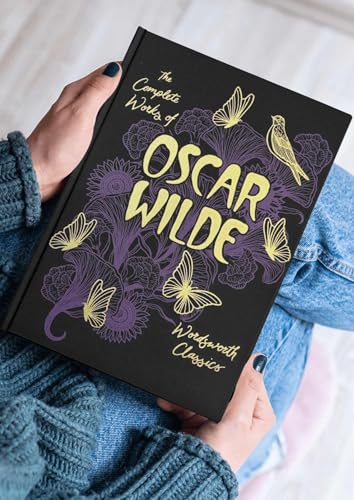Introduce your child to Oscar Wilde's classic story with a modern twist. When a boy called Swallow arrives in a new city, he rests at the feet of the gold statue of the Happy Prince. The statue tells him his worries about the poor people of the city. Together they make a plan. Each night the little boy takes one of the jewels or pieces of gold from the statue and gifts it to someone in need, the statue is finally happy again. But when all the gold is gone, the important councillors of the city tear down the statue for it is no longer beautiful, each wishes to replace it with a statue of himself. It is cold and the kind people of the city take the little boy into their homes. Together they discuss how best to use their pieces of gold and wonder about why there are statues in the city. The boy tells them of the beautiful warm lands that he comes from, and the plants and animals. The people decide that they will build a city garden with their gold where everyone can come to grow food and enjoy the beauty of nature. Swallow plants a fruit tree to remember the sweet kindnesses of his friend, the Happy Prince.
Oscar Wilde
Oscar Wilde was an Irish playwright, novelist, and essayist known for his wit, flamboyant style, and sharp social commentary. His most famous works include the play "The Importance of Being Earnest" and the novel "The Picture of Dorian Gray," both of which explore themes of identity, morality, and societal expectations. Wilde's writing is characterized by clever wordplay, satirical humor, and a keen observation of human nature. He was a key figure in the aesthetic and decadent movements of the late 19th century and is considered one of the most important voices in British literature. Wilde's impact on literature can be seen in his subversion of conventional Victorian norms and his pioneering use of irony and paradox.




